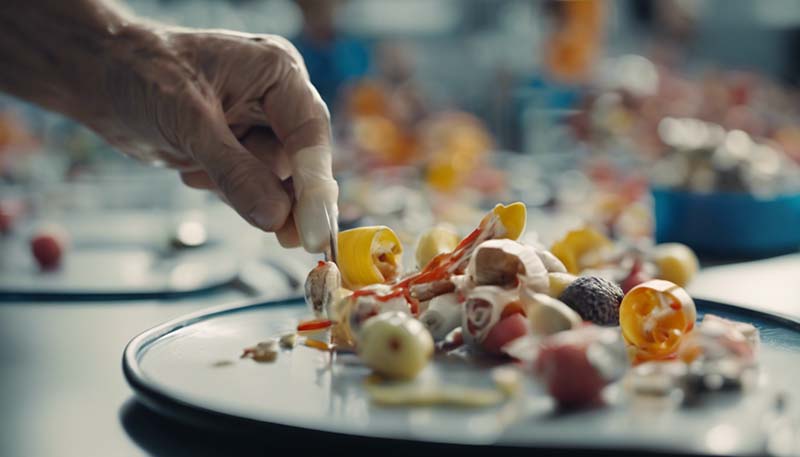The Importance of Nutrition in Supporting Prosthetics Use in Sports
2024-07-27
The Importance of Nutrition in Supporting Prosthetics Use in Sports
Introduction
Athletes with prosthetics have made significant strides in recent years, breaking down barriers and challenging conventional notions of what's possible in sports. Nutrition plays a critical role in supporting these athletes, allowing them to perform at their best and maintain their prosthetics. This article will explore the importance of nutrition for athletes using prosthetics in sports, discussing the unique challenges they face and how proper nutrition can help address these issues.
The Role of Nutrition in Athletic Performance
Nutrition is essential for all athletes, but it becomes even more critical for those using prosthetics. Proper nutrition provides the energy, strength, and endurance needed to compete at a high level. It also supports recovery, helps prevent injury, and enhances overall health.
Energy and Endurance
Athletes with prosthetics often require more energy to perform the same tasks as their non-amputee counterparts. This is due to the increased effort needed to control and move the prosthetic device. A well-balanced diet that includes complex carbohydrates, proteins, and healthy fats can provide the necessary energy for optimal performance.
Advertisement
Strength and Muscle Maintenance
Building and maintaining muscle mass is crucial for athletes with prosthetics. Resistance training, combined with a diet rich in protein, can help achieve this goal. Protein is essential for muscle repair and growth, and it also supports overall body function.
Recovery and Injury Prevention
Nutrition plays a vital role in recovery and injury prevention. Consuming adequate amounts of vitamins, minerals, and antioxidants can help reduce inflammation, speed up recovery, and protect against tissue damage. Additionally, staying hydrated is crucial for maintaining joint health and preventing muscle cramps.
Unique Challenges for Athletes with Prosthetics
Athletes with prosthetics face unique challenges when it comes to nutrition. These challenges include:
Increased Energy Expenditure
The use of prosthetics can increase an athlete's energy expenditure, requiring them to consume more calories than non-amputee athletes. This increased demand for energy must be met through a balanced diet that provides the necessary nutrients.
Altered Metabolism
Some athletes with prosthetics may experience altered metabolism, which can affect how their bodies process and utilize nutrients. It's essential to work with a sports nutritionist or dietitian to develop a personalized nutrition plan that takes these factors into account.
Weight Management
Weight management can be a challenge for athletes with prosthetics, particularly in sports where weight categories are a factor. Proper nutrition can help athletes maintain a healthy weight while still providing the energy and nutrients needed for optimal performance.
Nutrition Strategies for Athletes with Prosthetics
Here are some nutrition strategies that can help athletes with prosthetics perform at their best:
Individualized Nutrition Plans
Athletes with prosthetics should work with a sports nutritionist or dietitian to develop an individualized nutrition plan that meets their specific needs and goals. This plan should take into account factors such as energy expenditure, metabolism, and weight management.
Balanced Diet
A balanced diet that includes a variety of foods from all food groups is essential for athletes with prosthetics. This includes complex carbohydrates, proteins, healthy fats, fruits, vegetables, and whole grains.

Hydration
Staying hydrated is crucial for athletes with prosthetics. Dehydration can lead to decreased performance, increased risk of injury, and impaired recovery. Athletes should aim to drink plenty of water throughout the day and during training sessions and competitions.
Supplementation
In some cases, supplementation may be necessary to ensure athletes with prosthetics are getting all the necessary nutrients. This could include protein powders, vitamins, minerals, or other supplements. However, it's essential to consult with a healthcare professional before starting any supplementation regimen.
Conclusion
Nutrition is a critical component of success for athletes with prosthetics. By understanding the unique challenges these athletes face and implementing effective nutrition strategies, they can optimize their performance, enhance their recovery, and maintain their prosthetics. With the right support and guidance, athletes with prosthetics can continue to push the boundaries and inspire others with their incredible achievements.
Comments